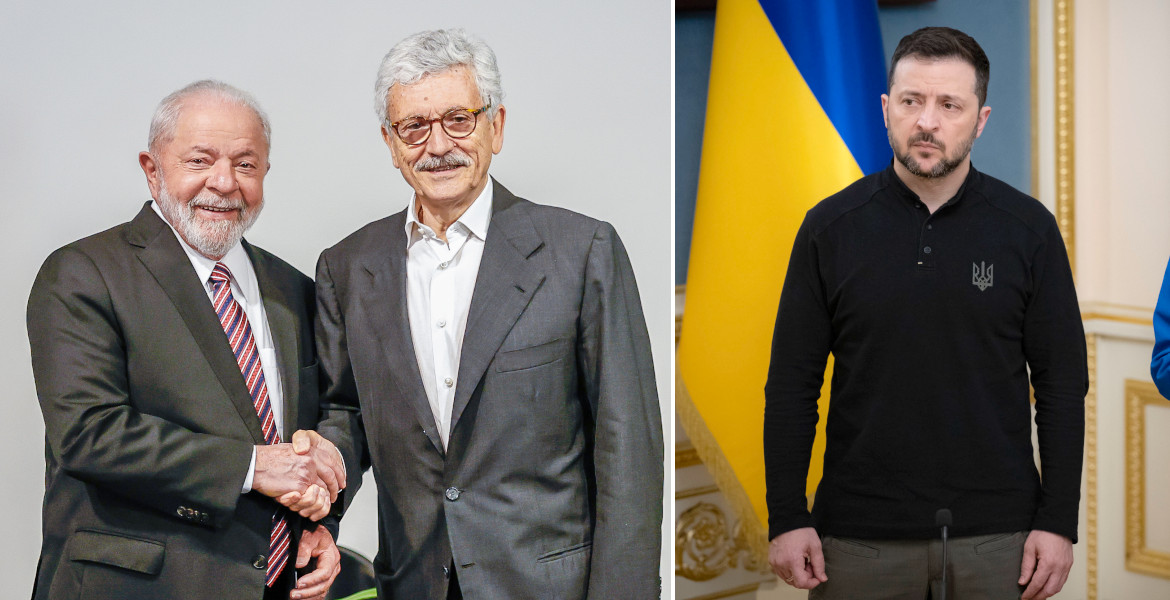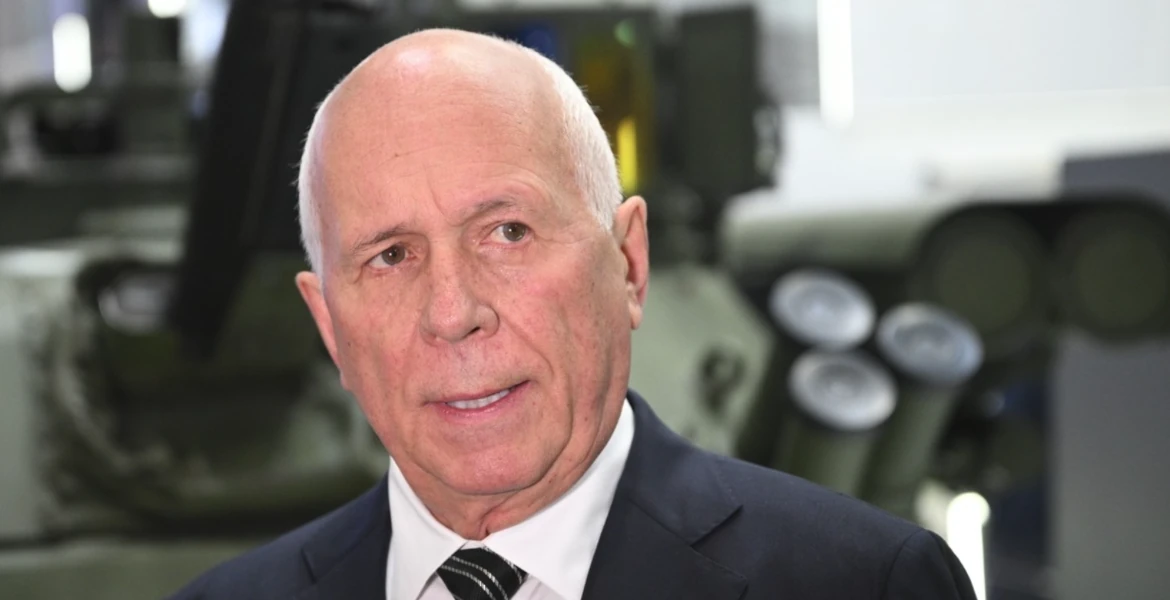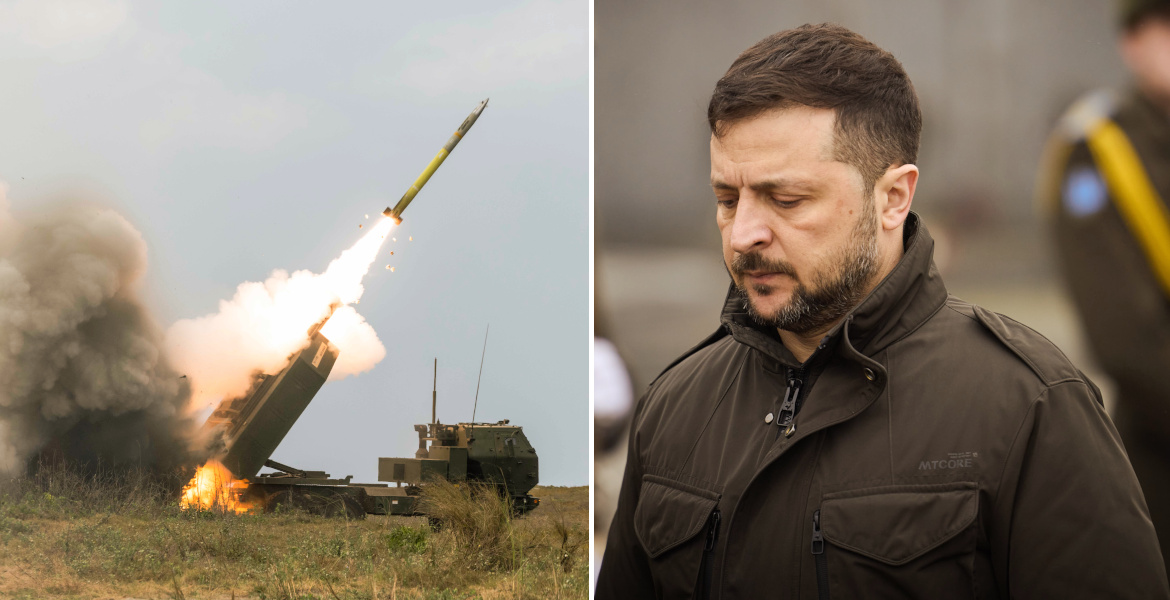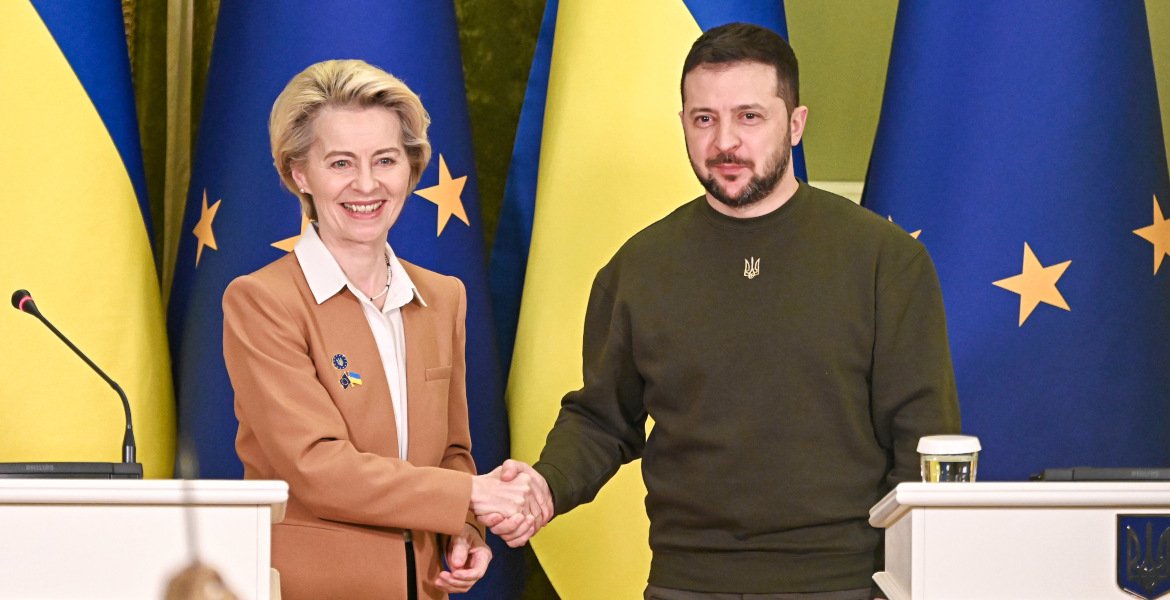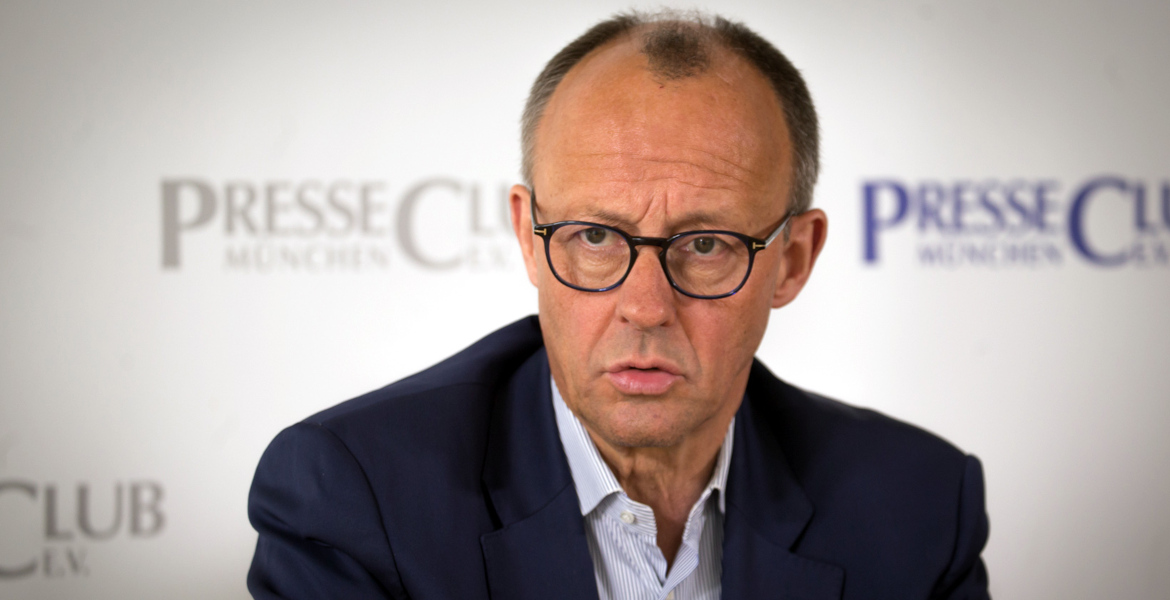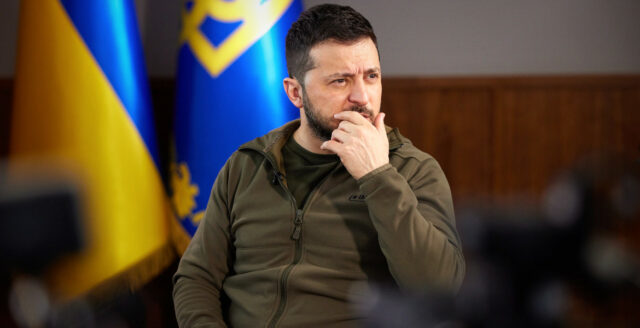Former Italian Prime Minister Massimo D'Alema now reveals that in 2024 he acted in an unofficial diplomatic role for Ukrainian President Volodymyr Zelensky. The purpose was to seek the support of China and Brazil in light of concerns about being abandoned by its Western allies.
The mission, which was never officially confirmed by any government, took place while Zelensky reportedly feared a rapid decline in support from both the US and the EU. D'Alema claims to have been personally contacted by the Ukrainian leader on the occasion of an event on the Balkans.
– He clearly said that his country risked disaster because 'the Americans will pull out sooner or later, and the Europeans are not reliable', D'Alema told a seminar in Rome organized by the Istituto Affari Internazionali.
Cold shoulder in Brazil - "curiosity" in China
D'Alema's first destination was Brazil, where he tried to engage President Luiz Inácio Lula da Silva in a potential peace initiative. Brazil has long taken a restrained position on the Ukraine conflict and has often criticized the West's hardline stance, which was also clearly reflected in Lula's response to D'Alema.
– Lula almost showed me the door, says D'Alema. He said that Ukraine is a problem for the Americans, and that it is none of our business. According to him, I should get involved in Palestine instead.
In Beijing, however, the response was reportedly different. D'Alema met with a senior official of the Chinese Communist Party's foreign policy leadership and proposed an international peacekeeping force similar to the one established in Kosovo.
The Chinese official ended the conversation by expressing his surprise. "You know, you are the first European who has come to talk to us about this. Everyone else has just asked us not to support Russia", the official is quoted as saying by D'Alema, who believes that the world has generally underestimated China's potential role as a mediator in the conflict – and criticized the one-sided demonization of China that has taken shape in the West.
– Criminalizing China is wrong. China was Ukraine's biggest trading partner before the invasion, and just weeks before the war, the Chinese stock exchange bought up the Kiev stock exchange - a clear sign that Beijing was unaware of Putin's plans, said D'Alema.
EU misleading on war's outcome
D'Alema also criticized the EU's rhetoric on the war, saying it had created false hopes of a military victory against Russia.
– Europe has only repeated that Russia can be defeated, when it was obvious to everyone that this war cannot be won by anyone, D'Alema continued.
Neither China nor Brazil have confirmed D'Alema's mission or meetings.
